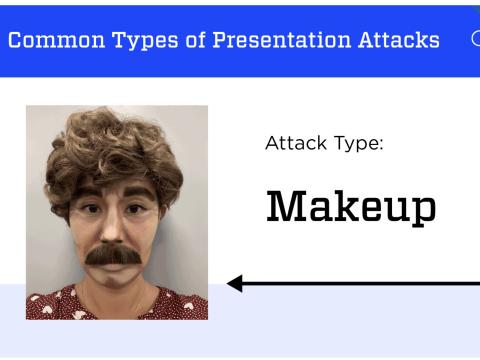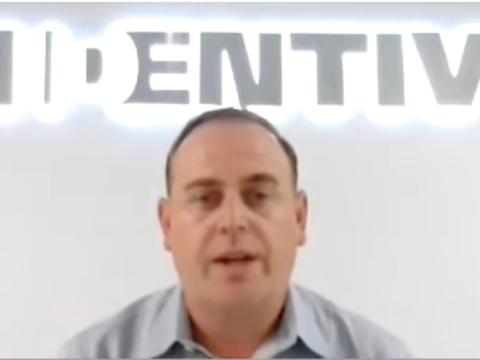Character Counts. It's Easier to Exploit Humans Than Technology
“I’ve always assumed they enjoyed telling my story from their point of view.”
Frank Abagnale, the famous teenage confidence man turned law-enforcement adviser and expert on forgery, embezzlement and secure documents, spoke those words today to a crowd at the Global Identity Summit in Tampa, explaining that he never met most of the people who have created entertainment products about his life. Nor has he earned any money, because of his agreement with the U.S. government. The benefit has been an unsought notoriety that now allows him to tell his story of redemption and to explain that no technology can take the place of people with good character.
“Had I been a genius I don’t know that I would have had to break the law just to survive,” Abagnale said. If that’s true, he’d apparently need to be even less intelligent today. He explained that everything he did was 4,000 times harder than it would be now. “Technology breeds crime,” he stated.
What took unusual equipment, time, patience and certain skills years ago can be accomplished in 15 minutes today with a laptop. In a world of so much data, criminals can acquire quickly and easily the information they need for their activities. However, conversely, technology also combats crime. Abagnale has aided in the development of papers and plastics that deter forging. Every seven years, such technology must be redeveloped to stay ahead of the people who would exploit it.
Foiling these criminals is difficult, but not only because of technology, Abagnale shared. “Fraud in just this country is astounding … We live in an extremely unethical society,” he said. If the human accessing a system has no ethics and character, the capability itself hardly matters. Using an example of the TSA, Abagnale explained that if he wanted to breach airport security, all he had to do was find one person who would respond to bribery or extortion or who simply would have a lack of character.
Chip and PIN credit/debit card technology also offers an example of how criminals work around technology. Abagnale believes that implementation of it is about 10 years off; when it does become prevalent, fraud will move online. Furthermore, such cards still will have magnetic strips. Law breakers can damage the chip to force users to swipe.
Abagnale has a couple of major concerns regarding system security. One is that flaws in technology cause people not to trust it. If more and more people lose trust, “we have trouble,” he stated. Another concern he has regards data breaches at places such as major retailers. People might worry only minimally about stolen credit card numbers, because they are not liable for fraudulent charges. What worries Abagnale is other information stolen as the thieves monitored the stores’ systems. Customers who filled out paperwork for special financing, for example, may have shared names, birthdays, social security numbers and other information, all of which was breached in the cyber attacks.
In the end, it comes back to humans. “Every breach occurs because someone did something they weren’t supposed to,” Abagnale said. According to him, hackers say all the time they can’t breach technologies, but they simply wait for an employee to mess up. Then, they make their moves.




Comments